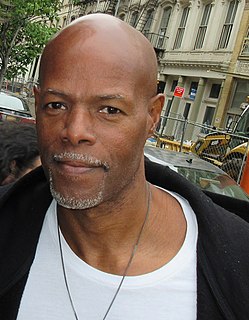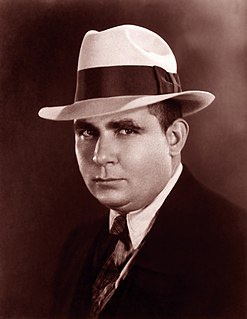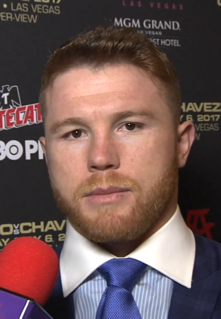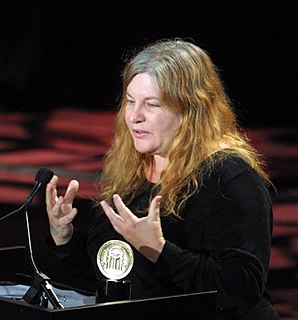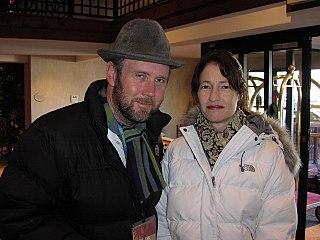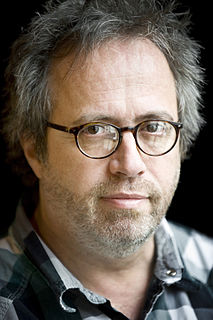A Quote by Nirmala Sitharaman
It's one thing to get the money apportioned in the budget; the other is to utilise it completely.
Related Quotes
When you raise the budget, you make creative compromises. The higher the budget goes, the more cuts in your movie happen. When people talk about how movies are watered down, that's a direct reflection of money and budget. The less money you spend; the more risks you can take. That doesn't mean it will be successful, but at least you can try different stuff. The higher your budget is, the less you can do that.
Money and muscle, that's what I want; to be able to do any damned thing I want and get away with it. Money won't do that altogether, because if a man is a weakling, all the money in the world won't enable him to soak an enemy himself; on the other hand, unless he has money he may not be able to get away with it.
I don't know what the misconceptions are, but I approach a small budget, artsy, independent movie in the same way as a big budget, commercial Hollywood movie. I don't get into those [details]. I have to get into my character and I concentrate on that, on the story, on researching, and on certain training if I have to be prepared physically. I think that's the most important thing.
When you're battling against the minds of the studios and the money that can go into promoting larger budget films, it's very hard for a very small-budget Australian film to get a look in. You can get critically acclaimed and go to various film festivals around the world, but that doesn't necessarily mean the majority of people are going to hear about it.
Do you realize that the 850 billion dollar bank bailout, that sum of money is greater than the entire 50 year running budget of NASA. And so when someone says, 'We don't have enough money for this space probe.' No, it's not that you don't have enough money. It's that the distribution of money that you're spending is warped in some way that you are removing the only thing that gives people something to dream about tomorrow.
Our misery comes, not from work, but by our getting attached to something. Take for instance, money: money is a great thing to have, earn it, says Krishna; struggle hard to get money, but don't get attached to it. So with children, with wife, husband, relatives, fame, everything; you have no need to shun them, only don't get attached. There is only one attachment and that belongs to the Lord, and to none other.
I have long been in favor of a balanced budget restriction at the level of the federal government of the United States. Because the federal government has money-creating powers it can, in fact, be very damaging if it runs a series of budget deficits. With the state government in the United States, they don't have money-creating powers. The automatic discipline imposed by the fact that they are in a common monetary unit and don't have control over the money power means that the balanced budget restriction is less needed.



